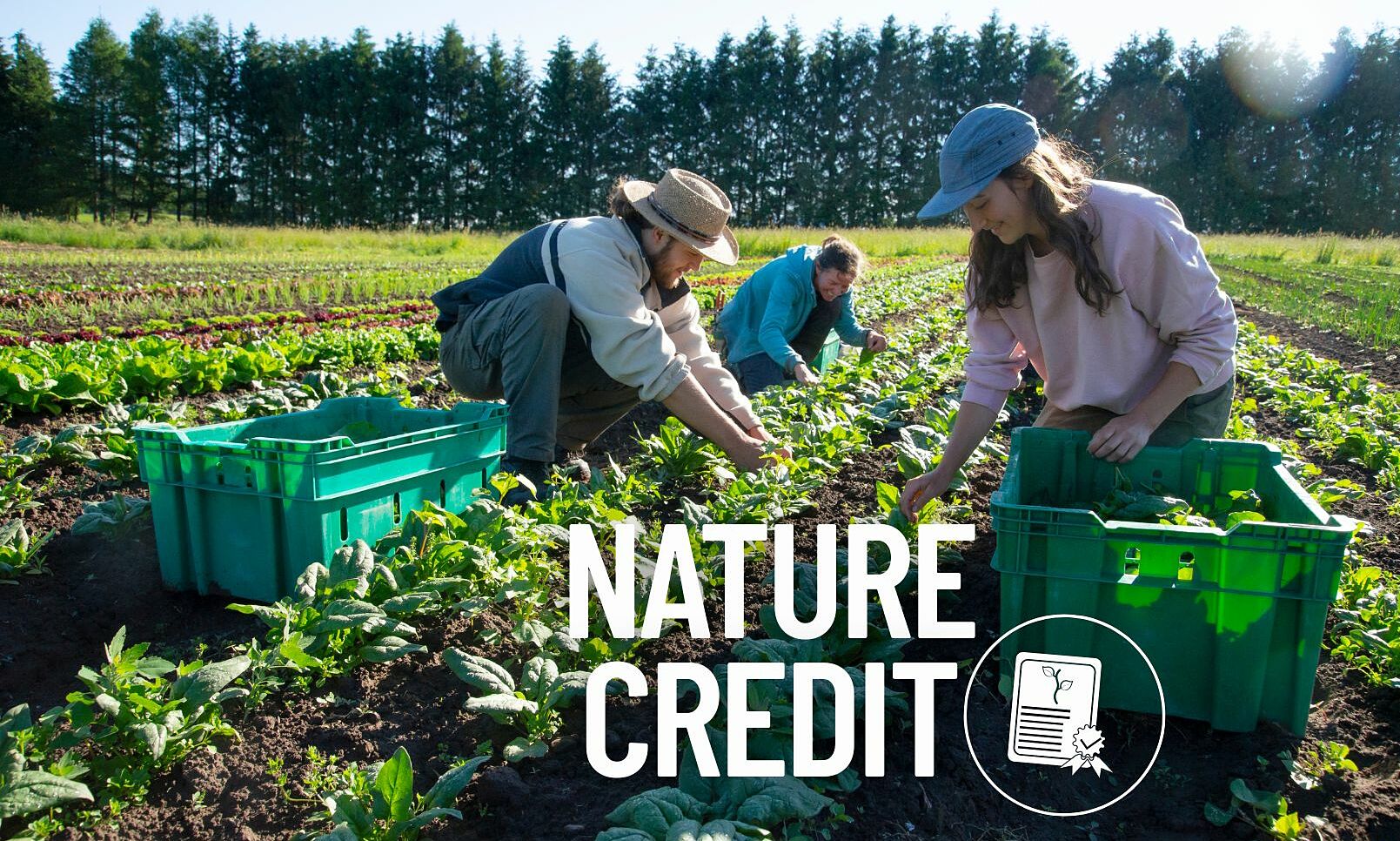The European Commission (EC) stated that "nature credits" will make ecosystem preservation efforts by farmers and foresters more profitable.
This year, the EC will establish a group of experts, including government representatives, farmers, local communities, and scientists, to develop a methodology for calculating nature credits and fund a pilot project before 2027.
This mechanism will allow companies or countries to purchase "nature credits" issued by farmers, foresters, or land managers who have engaged in nature conservation activities such as tree planting, wetland restoration, or transitioning to regenerative agriculture.
 |
European farmers transitioning to regenerative agriculture could sell "nature credits." Illustration: Phien An |
The EC expert group will evaluate how to certify nature credits and manage the trading market for these credits before deciding whether to incorporate them into EU law. "Nature credits are not about commercializing nature, but about recognizing and rewarding actions to restore and maintain it," said EU Environment Commissioner Jessika Roswall.
The European Union already heavily subsidizes farmers through the Common Agricultural Policy (CAP), but estimates suggest a shortfall of around 37 billion euros (43 billion USD) annually to meet biodiversity protection needs. The bloc is seeking ways to increase funding for environmental protection without further burdening its already strained budget.
The "nature credits" concept builds on the more familiar model of the "carbon credit" market, where projects reducing CO₂ emissions are issued credits to sell to businesses wanting to support climate change mitigation efforts. However, the carbon credit market has recently faced some criticism, with some projects not delivering the promised climate benefits.
Last week, the EC proposed a new climate target for 2040, for the first time allowing member states to include international carbon credits in the bloc’s overall target. The Commission affirmed its awareness of the "challenges and opportunities" presented by the carbon credit market.
Phien An (Reuters)












